 With graduation season upon us, today’s edition of How on Earth is Part 1 of our annual “Graduation Special”. Our guests in the studio today are scientists and engineers who have or will soon receive their Masters or Ph.D. from the University of Colorado in a STEM-related field. They talk about their thesis research, their grad school experiences, and what they have planned next.
With graduation season upon us, today’s edition of How on Earth is Part 1 of our annual “Graduation Special”. Our guests in the studio today are scientists and engineers who have or will soon receive their Masters or Ph.D. from the University of Colorado in a STEM-related field. They talk about their thesis research, their grad school experiences, and what they have planned next.
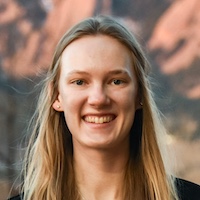 Renee Spear – Aerospace Engineering
Renee Spear – Aerospace Engineering
Topic: Collision-Free Spacecraft Trajectory Design in Multi-Body Systems

Gautam Kavuri – Physics
Topic: Wringing the Bell: Implementations of Cryptographic Protocols Based on Bell Non-locality
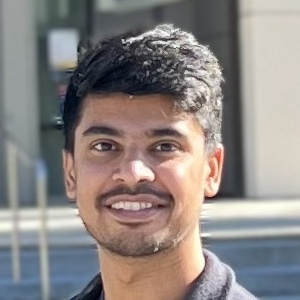 Dhyey Bhavsar – Aerospace Engineering
Dhyey Bhavsar – Aerospace Engineering
Topic: Shape Diameter Computation on Surface Meshes and A Review of Shape Regularization Methods in Level-Set Topology Optimization
You can listen to all past year Graduation Special episodes.
Host / Producer: Joel Parker
Listen to the show:
Podcast: Play in new window | Download (Duration: 28:49 — 39.6MB)
Subscribe: RSS




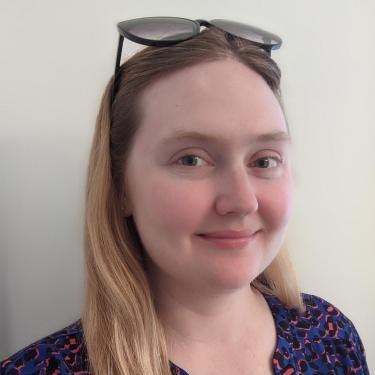 Kathleen McGuire –
Kathleen McGuire – 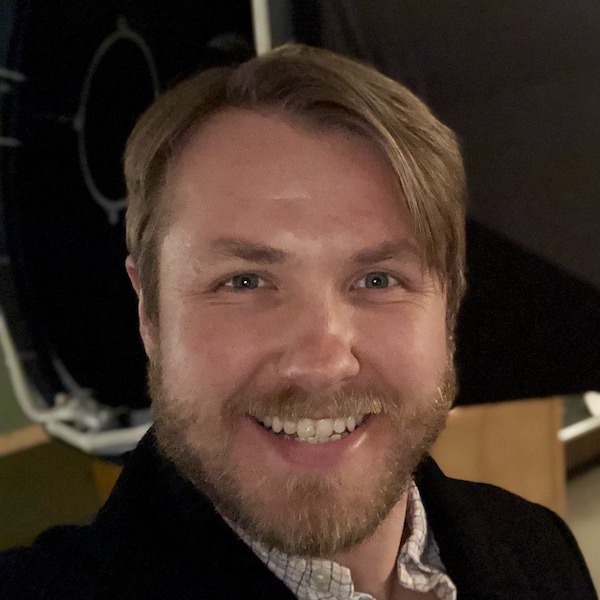
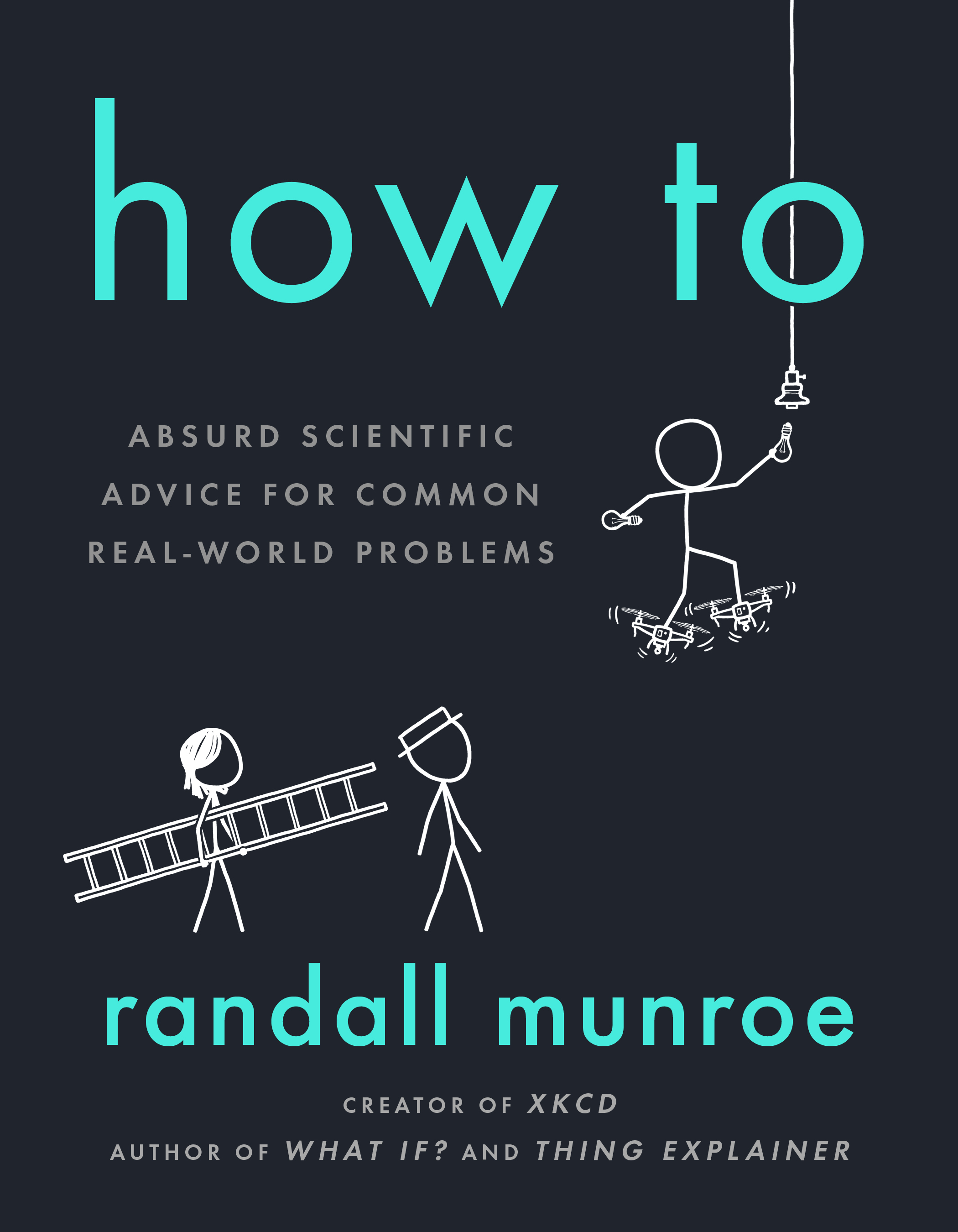
 How To [starts at 4:30]
How To [starts at 4:30] 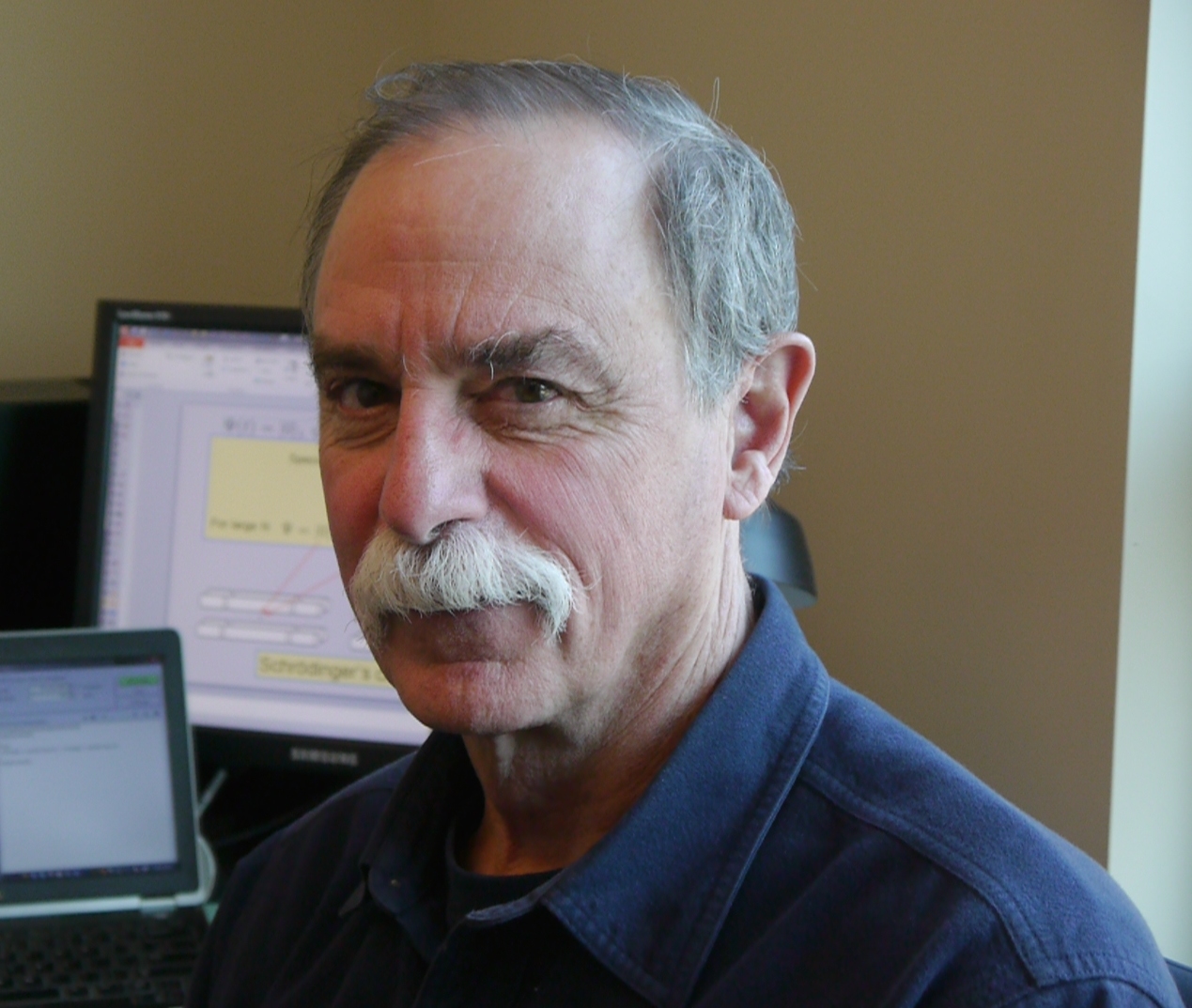
 Quantum Computers
Quantum Computers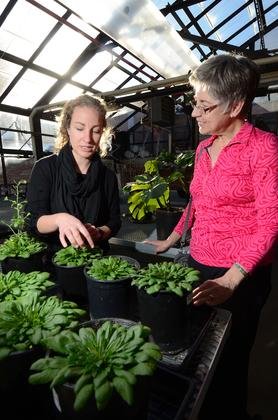


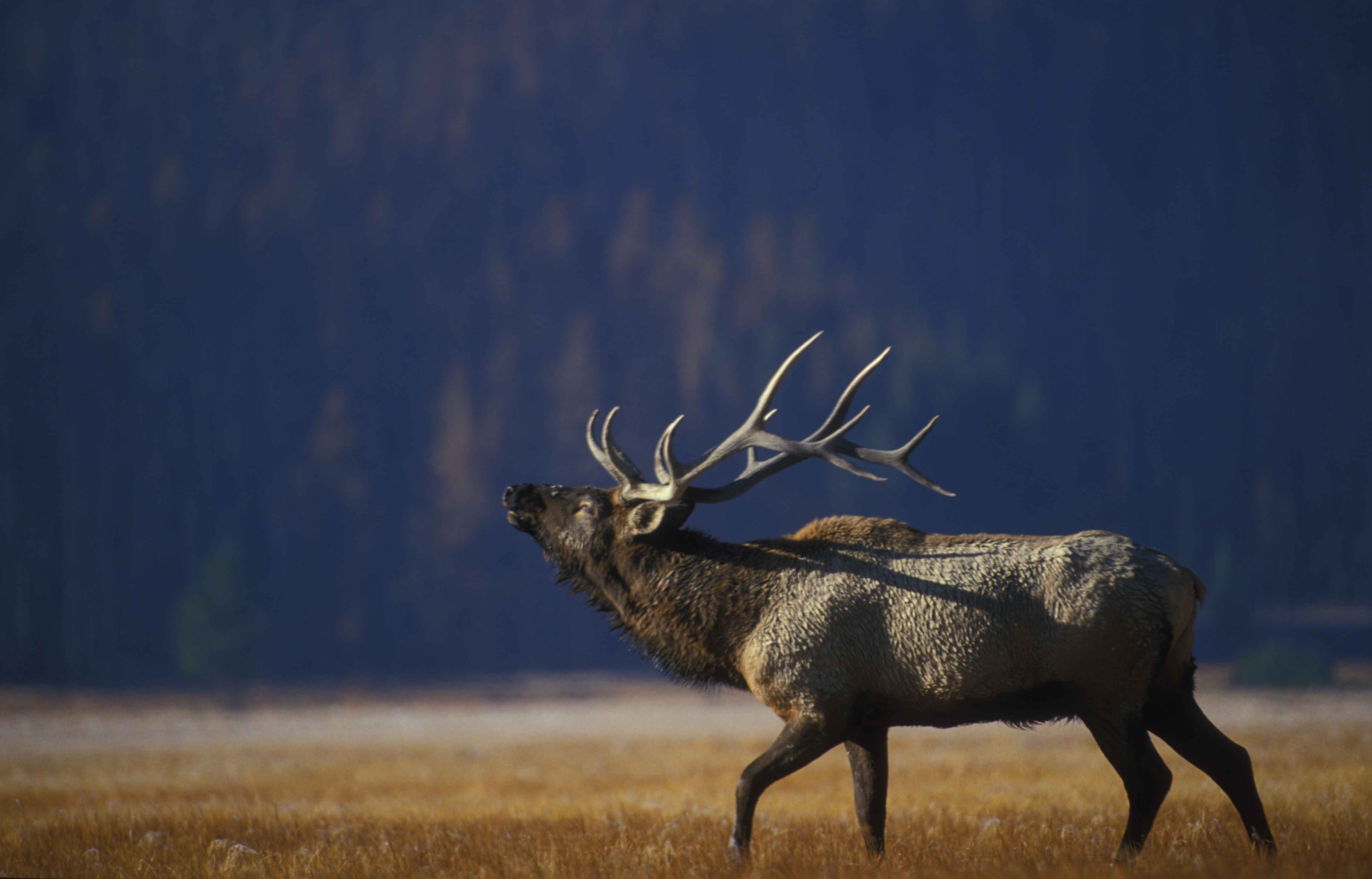
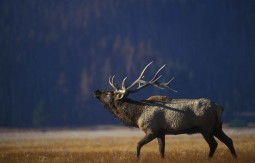 Big Game and Climate Change (start time 5:00) Last week, the National Resource Council released some serious warnings about
Big Game and Climate Change (start time 5:00) Last week, the National Resource Council released some serious warnings about 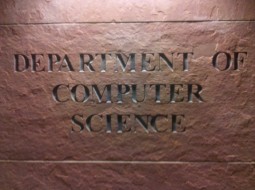 Hour of Code (start time 12:30) Coding is not just a magic trick where ones and zeros make
Hour of Code (start time 12:30) Coding is not just a magic trick where ones and zeros make 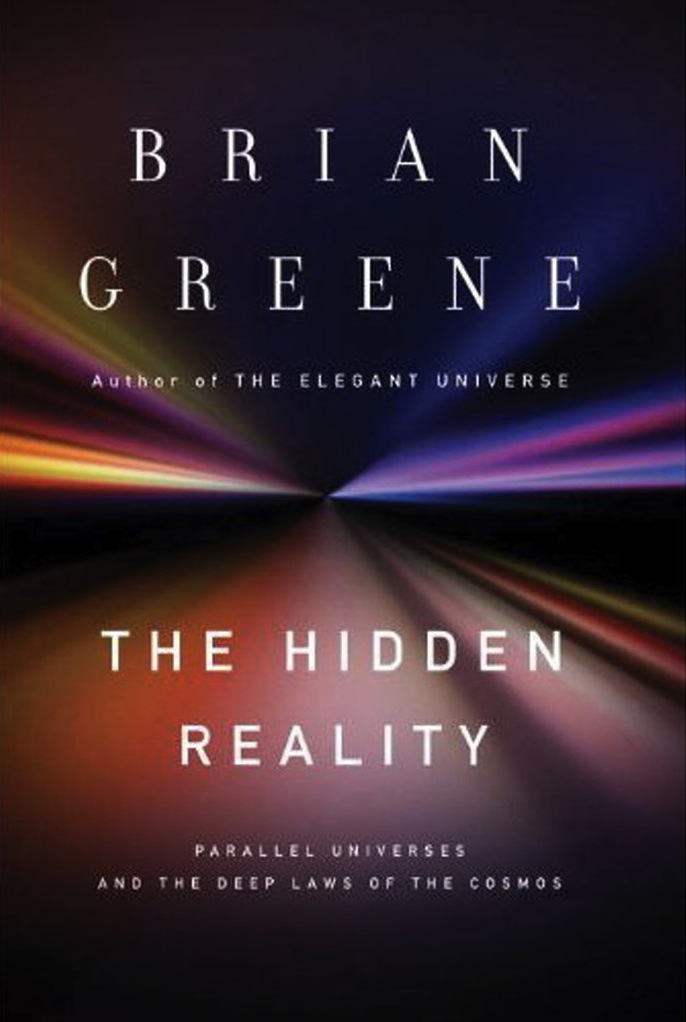
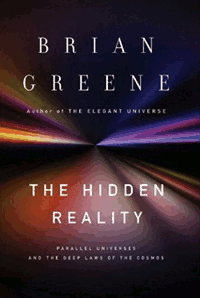 The concept of a parallel universe, a universe remarkably like our own but with some subtle difference, has been the staple of science fiction stories for years. But it is an idea that is seriously discussed in real science starting many decades ago when physicists wrestled with the weird implications of Quantum Mechanics, and recently has appeared in many other guises in other areas of physics. One of the leading scientists in studying these ideas and explaining the mind-bending concepts to non-experts is Professor
The concept of a parallel universe, a universe remarkably like our own but with some subtle difference, has been the staple of science fiction stories for years. But it is an idea that is seriously discussed in real science starting many decades ago when physicists wrestled with the weird implications of Quantum Mechanics, and recently has appeared in many other guises in other areas of physics. One of the leading scientists in studying these ideas and explaining the mind-bending concepts to non-experts is Professor